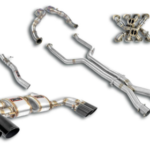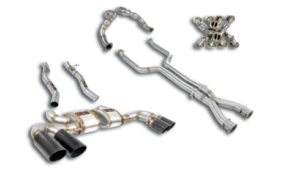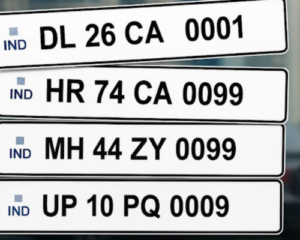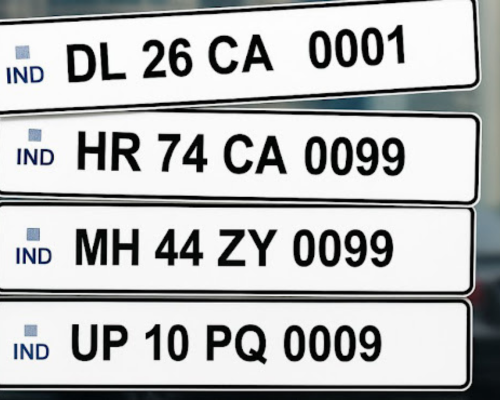Selecting the right vehicle insurance professional is crucial for protecting your assets. The landscape of auto insurance is complex, and navigating it requires expert guidance. Whether you are opting for an auto insurance agent or a car insurance broker, understanding the distinctions and functionalities of these professionals is essential.
Understanding Auto Insurance Agents
Auto insurance agents represent specific insurance companies. They are trained to sell policies from these insurers and help clients find the best coverage options within their offerings. Their expertise lies in understanding the products of the company they represent.
An auto insurance agent can provide tailored advice based on your unique situation. They evaluate your needs and suggest coverage that aligns with your lifestyle and driving habits. However, their scope is limited to the policies of their particular company. This limitation can be a disadvantage if you’re looking for comprehensive options.
Exploring Car Insurance Brokers
In contrast, car insurance brokers work independently and can offer products from various insurance providers. This independence allows them to shop around for the best rates and coverage options. A broker can provide a broader perspective on available policies, enabling you to compare different offers.
Using a car insurance broker can save you time and effort. They handle the legwork of contacting multiple insurers. Their extensive knowledge of the market can help you secure a policy that suits your needs and budget. Brokers are particularly beneficial for individuals with unique coverage requirements.
Evaluating Experience and Credentials
When selecting your insurance professional, consider their experience and credentials. Experienced agents and brokers often have a deeper understanding of the market. They are more adept at navigating the complexities of policies and can offer valuable insights.
Check for licenses and certifications as well. Each state requires insurance professionals to hold a valid license. Certifications can also indicate advanced knowledge in the field. Look for designations such as Chartered Property Casualty Underwriter (CPCU) or Certified Insurance Counselor (CIC). These credentials reflect a commitment to professionalism and expertise.
Assessing Customer Service
Customer service plays a significant role in your overall experience with an insurance professional. The right agent or broker should be responsive and attentive to your needs. They should take the time to answer your questions and clarify any doubts you may have.
In addition, consider their availability. You may need assistance after hours or during emergencies. A professional who offers flexible communication options can be a valuable asset. Good customer service often reflects the values of the insurance company they represent, so take note of how they treat you during the initial interactions.
Analyzing Coverage Options and Recommendations
A key factor in choosing your vehicle insurance professional is the range of coverage options they provide. You want someone who can recommend policies that fit your specific needs. Whether you are looking for comprehensive coverage, liability, or collision insurance, the right professional should offer various solutions.
Making the Final Decision
In the end, the decision should align with your unique needs and preferences. Spend time interviewing potential agents or brokers. Ask about their experience, approach, and how they handle claims. This conversation can provide valuable insights into their professionalism and customer service philosophy.
Conclusion
Trust your instincts during this process. Your insurance professional should make you feel comfortable and informed. After all, they will play a crucial role in safeguarding your vehicle and financial security. Take the time to choose wisely. Your decision will have long-term implications for your peace of mind on the road.




























+ There are no comments
Add yours